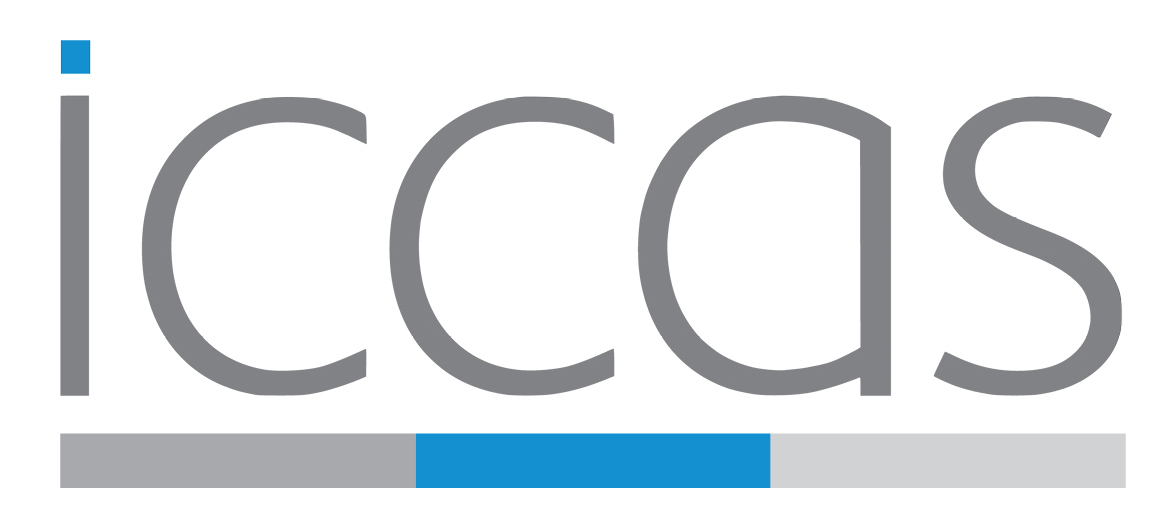

Model-based medicine and intelligent operating room
Prof. Dr. Thomas Neumuth

In practice, medical decision-making to determine suitable therapeutic approaches for an individual patient is subject to both a medical and a regulatory framework. Indication-specific guidelines, which indicate the treatment options approved (and thus applicable) in the respective health care system, form the formal basis for this. Although physicians can also act outside of these guidelines (so-called off-label use), they usually need good reasons and the approval of the respective payer. Furthermore, clinical trials are of course an essential factor in the evaluation of the best possible therapeutic option, although this aspect cannot be attributed to routine care and is dependent on numerous external factors (range of trials, suitability of the patient, randomization, etc.).
The fundamental question in any therapy-associated decision-making process is which available option offers the highest chance of success with equally low risk for the individual clinical picture of a patient. However, due to the heterogeneity of the individual and the disease, this consideration is very complex and requires the parallel consideration of multiple factors. The limitation of the therapeutic scope of action facilitating this circumstance does not solve the problem of the cognitive simulation of all possible implications in order to determine an appropriate optimum. Furthermore, there is the legitimate question which circumstance can be regarded as optimal at all, since the definition of success or failure may differ between therapist and patient. For example, a therapy could lead to tremendous clinical success, but equally come with the high risk of an invasive side effect. These sometimes life-changing decisions therefore require a high level of safety, education, and communication on an equal footing between all parties involved.
A technical possibility to provide assistance in the process of medical decision making are clinical decision support systems, which match specific characteristics of a patient (e.g. clinical findings) with a previously created knowledge base to quantitatively evaluate all available options. The VISION-CRE project therefore focuses on the establishment of a “Cognitive Reasoning Engine (CRE)”, which complements the guideline-based specification of possible therapy options with a novel evidence-based evaluation level. The overall goal is to extend the existing decision support tools by evaluating already collected and recorded empirical data of the sequence: (1) patient:in, (2)therapy and (3) resulting reaction in order to draw valuable conclusions for the treatment of patients.